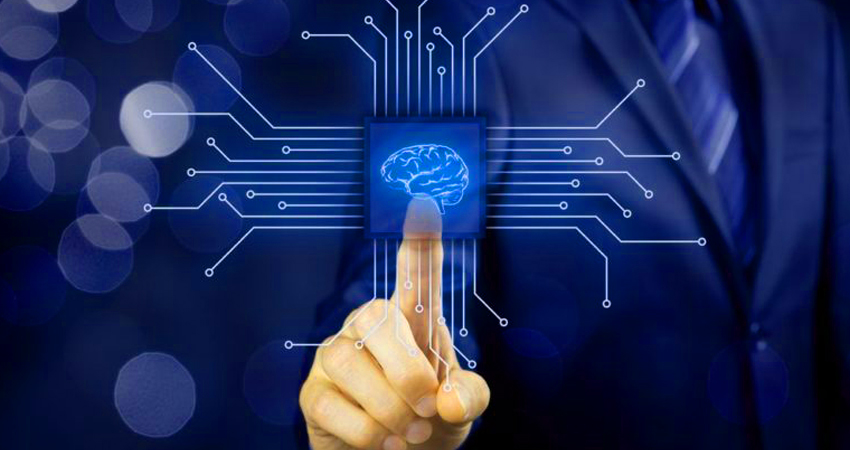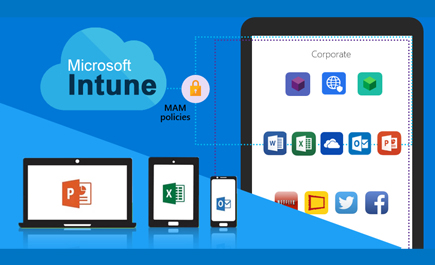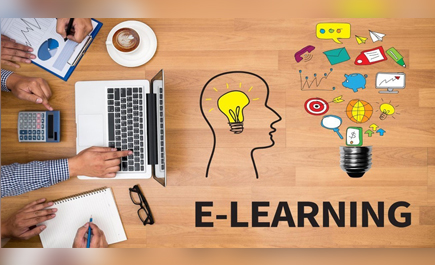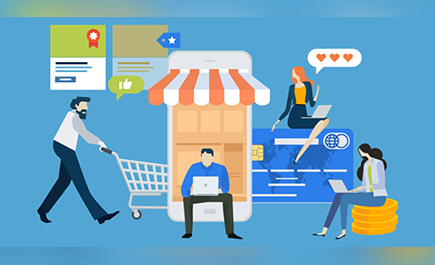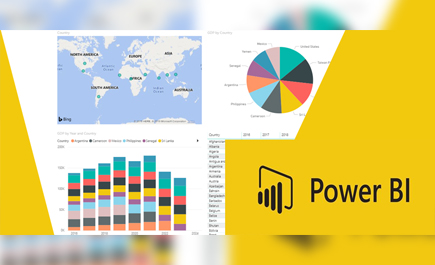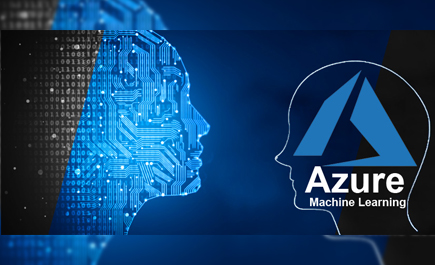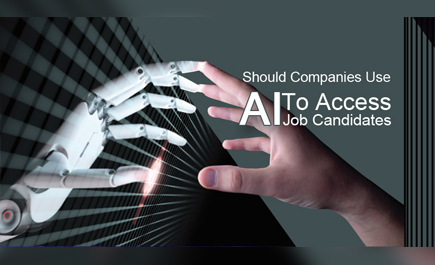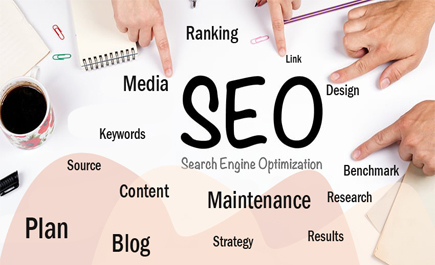Artificial Intelligence
The term “Artificial Intelligence” may sound intimidating, but it has been in use for decades. We use AI in our day to day life and its applications are more common than you might imagine. AI assists in every area of our lives and is being used by almost every industry. These are few domains where Artificial intelligence are used in their day to day life.
The biggest bets are on improving patient outcomes and reducing costs. Companies are applying machine learning to make better and faster diagnoses than humans. One of the best-known healthcare technologies is IBM Watson. It understands natural language and is capable of responding to questions asked of it. The system mines patient data and other available data sources to form a hypothesis, which it then presents with a confidence scoring schema. Other AI applications include chatbots, a computer program used online to answer questions and assist customers, to help schedule follow-up appointments or aid patients through the billing process, and virtual health assistants that provide basic medical feedback.
Robotic process automation is being applied to highly repetitive tasks normally performed by humans. Machine learning algorithms are being integrated into analytics and CRM platforms to uncover information on how to better serve customers. Chatbots have been incorporated into websites to provide immediate service to customers. Automation of job positions has also become a talking point among academics and IT analysts.
AI can automate grading, giving educators more time. AI can assess students and adapt to their needs, helping them work at their own pace. AI tutors can provide additional support to students, ensuring they stay on track. AI could change where and how students learn, perhaps even replacing some teachers.
AI in personal finance applications, such as Mint or Turbo Tax, is disrupting financial institutions. Applications such as these collect personal data and provide financial advice. Other programs, such as IBM Watson, have been applied to the process of buying a home. Today, software performs much of the trading on Wall Street.
The discovery process, sifting through of documents, in law is often overwhelming for humans. Automating this process is a more efficient use of time. Startups are also building question-and-answer computer assistants that can sift programmed-to-answer questions by examining the taxonomy and ontology associated with a database.
This is an area that has been at the forefront of incorporating robots into the workflow. Industrial robots used to perform single tasks and were separated from human workers, but as the technology advanced that changed.
Although the list is endless but the ultimate goal of these industries working on AI is to solve majority of the problems or to achieve the tasks which we human directly cannot accomplish.



